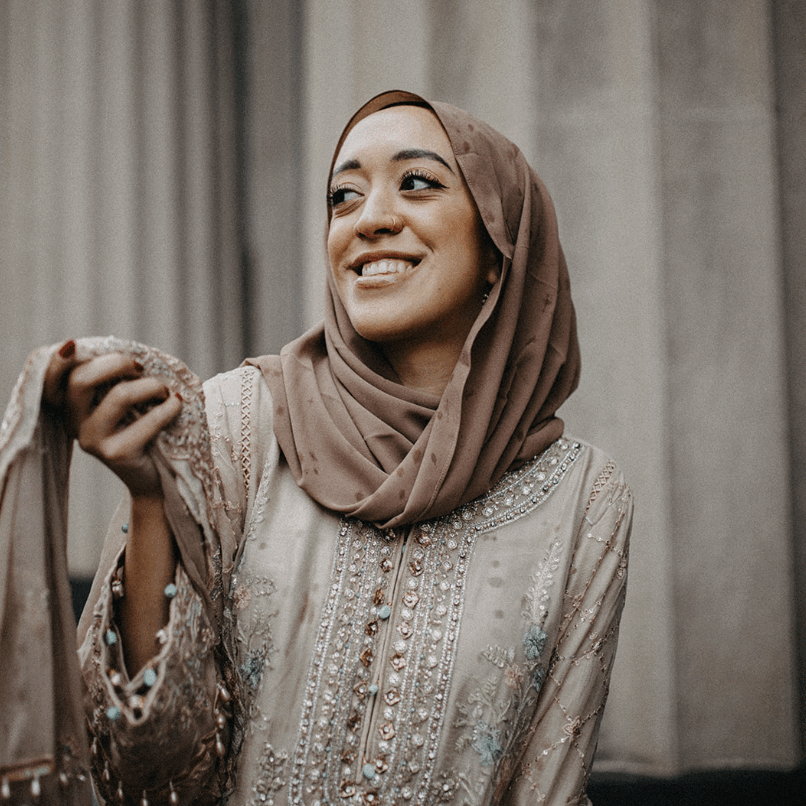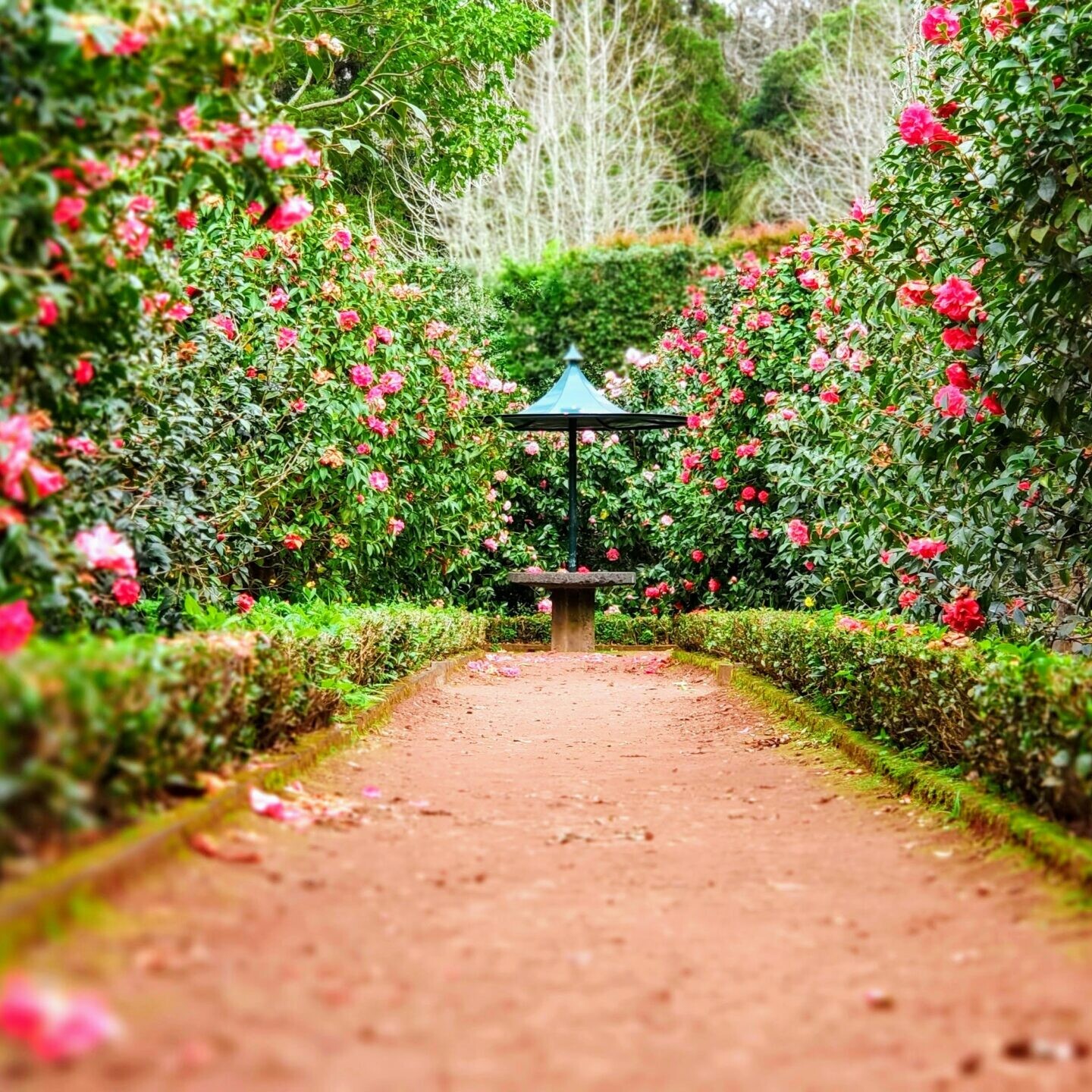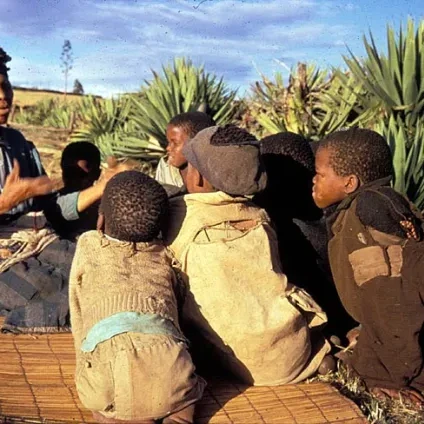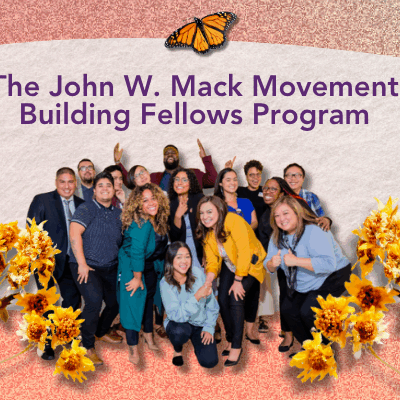Juwayriah Wright’s reflections on amplifying Muslim voices through collaborative Journalism is part of Network Weaver’s BIPOC Editorial series. Learn more about the series here.
Liberation, in a world as complex and fractured as ours, is a deeply personal yet profoundly collective pursuit. As a Muslim journalist at Time Magazine, the idea of liberation goes beyond personal freedoms or the ability to move through the world unchallenged. It speaks to a larger, shared responsibility to amplify truth, challenge falsehoods, and foster understanding across the divisions that too frequently separate us. One of the defining elements within journalism is telling the stories that are often untold; as June Holley, one of the pioneers of Network Weaving put it: “It’s paying attention to the relationships around you and noticing who’s missing, who’s not being listened to, and helping create healthier, deeper relationships.”
In today’s climate, freedom of speech is both a gift and a responsibility, one that grows more precious in an era where voices are systematically marginalized or silenced. For BIPOC communities, including Muslims of all groups and sects, the ability to speak and be heard has often required sacrifice, resilience, and unrelenting advocacy. Our liberation is bound to the right to express the full range of our experiences, even when those stories may be uncomfortable for some to hear. This commitment to truth-telling is essential for society to advance and heal. Organizations like the International Journalists’ Networks (IJNet) and the International Center for Journalists emphasize and work to establish the connectivity between journalists and those in the news industry. Public relations professionals, content strategists, and media relations specialists alike all have a role to play in networking to further advance journalistic integrity and development. These networks not only foster this knowledge exchange, but can also serve as a support system, helping journalists navigate complex cultural dynamics. Without the freedom to speak and to report, our ability to explore complex truths about identity, politics, and faith becomes stifled.
As a journalist, my role is not just recounting facts or publishing stories. True journalism is a vehicle for social change—a way to expose injustice, to demand accountability, and to inspire empathy. Every story has the potential to illuminate an unseen struggle or to bridge understanding between disparate groups. Collaborative journalism can help strengthen trust by diving into networks to work with local reporters who know their own community deeply. In collaborative journalism, local reporters, organizations and community members utilize their vast networks to pool resources and insights to create richer, more informed stories. These collaborations thrive on principles like trust, transparency and a willingness to adapt to other methodologies and ideas. Contributors feel valued under this umbrella of trust, and reporting efforts feel acknowledged and nuanced. For Muslims in America, whose identities are frequently reduced to stereotypes or framed through a narrow lens of extremism, accurate representation in the media is a matter of liberation in the form of narrative justice in which (harmful) stereotypes are challenged and narrow portrayals are challenged. It is about reclaiming the narrative and filling in the gaps where misunderstanding, fear, and prejudice too often take root.
Toolkits made available to journalist professionals and news-consumer alike help to circumvent the ever-looming harm of mis- and dis-information. IJNet’s Religion Reporting Toolkit is an example of practices that can and should be largely adapted. Grassroots journalism and journalistic integrity is one way to right this narrative.— The Movement Media Alliance, a coalition of grassroots-aligned, social justice-driven journalism organizations that work collaboratively to amplify transparent and just media, and Press On Media, a Southern media collective for movement journalism, are “working to equip journalists with the tools they need to transform the field of journalism.” Organizations like these are shifting systems and are the reason we have hope for a future of integral, liberation-focused journalism.
For me, liberation begins with the ability to tell stories freely, without fear of censorship or retaliation, particularly stories from communities that have been historically misrepresented or erased. It is rooted in the principle of freedom of speech, a right that must be carefully protected and upheld—not only for ourselves as journalists but for the people we cover and the audience we serve. But journalism as liberation is not a solitary endeavor. The stories I write, the interviews I conduct, and the insights I gain are contributions to a larger, collective struggle for justice and equality. Every article has the potential to dismantle misconceptions, challenge prejudice, and foster empathy. By bringing diverse voices to the forefront and exploring stories that push against the grain of dominant narratives, I join countless others who have used journalism to shine a light on the issues that matter most.
One powerful example of collaborative journalism is ProPublic’s “Documenting Hate” project, an initiative involving 160 news organizations to track and report on hate crimes across the United States. The project addressed the lack of comprehensive federal data on the issue. The 1619 Project by The New York Times Magazine included contributions from historians, journalists, and community members, giving Americans an example of how collaborative journalism can reframe and expand historical narratives. Projects like these are just the start— I’m eager to experience how collaborative journalism can help amplify the voices of BIPOC Muslims in America.
Journalism is a privilege and a profound responsibility, and I am grateful to be able to contribute to this work. This is not only the job of journalism professionals— consumers, avid news-followers and casual readers alike have a responsibility to read carefully, share widely, and scrutinize when needed. This upholds the importance of network building; ask yourself: ‘Is my network diverse? Can I check with Muslim colleagues about the legitimacy of representation within the media I follow and consume? Do I share stories that center and accurately portray the Muslim population?’ If the answer is no to any of these, it is then necessary to work on diverse network-building from the ground up.
Ultimately, liberation, to me, is about ensuring that everyone has the right to be heard and to speak their truth. It is about building a world where Muslims, asylum-seekers, refugees and other marginalized groups no longer have to defend their right to exist freely, fully, and without fear. In this pursuit, we find a freedom that transcends any one person or community. It is the collective freedom to live, speak, and thrive together, bound by the unwavering commitment to truth.

Juwayriah Wright
Juwayriah Wright is a journalist and Editorial Producer at Time Magazine. At Time, she covers issues concerning Muslims in America, crises concerning Palestine, and the broader Middle East. She’s also worked on projects as a lead digital producer, including the TIME100 list and World’s Greatest Places. Juwayriah is also the Editorial Director of Muslim Climate Watch, a D.C.-based nonprofit covering climate issues that affect Muslims globally. She has experience working for magazines, podcasts and nonprofits, and her passion lies in the news cycle and written content.
What inspired you to write this particular piece?
I have a deep belief in the transformative power of journalism to effect change, amplify marginalized voices, and establish networks that drive collective liberation. As a Muslim journalist, I’ve seen how our communities are often misrepresented or silenced, and I am committed to shifting that narrative by upholding the importance of networks of storytellers who prioritize truth and accurate representation. Establishing these networks, whether through collaboration with fellow journalists or connecting with the communities we serve and can relate to is at the crux of this work.
What does liberation mean to you?
Liberation, for me, is about more than just personal freedom; it’s about the collective power of truth-telling and representation. My work has allowed me to build relationships with diverse Muslim voices and bring their stories to the forefront, demonstrating the resilience, diversity, and innovation that too often go completely unseen or unrecognized. By creating networks of support and collaboration, we can push against harmful stereotypes and offer a more nuanced portrayal of the Muslim experience. Journalism is not only a profession but a tool for liberation—one that connects us across communities, dismantles prejudice, and challenges systemic injustice. To hold the ability to freely challenge, and not just shed light on, systemic injustices is the meaning of true liberation.
Featured Image: Photo by CMDR Shane on Unsplash

Network Weaver is dedicated to offering free content to all – in support of equity, justice and transformation for all.
We appreciate your support!



